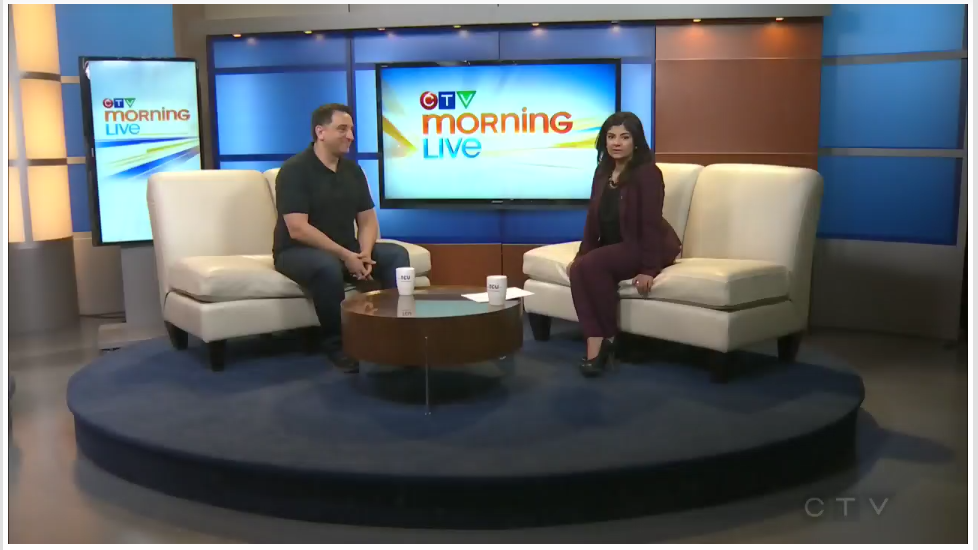After reading Dallas, Luke, and Logan’s blogs and our required readings this week, I was inspired to do a self-check-up on my digital identity. I have googled myself in the past, but haven’t had the urge to do it recently. Last term in EC&I 832, the whole theme was digital citizenship and media literacies and so the reading this week were something I grew quite passionate about last term. How does our digital footprint (or even our digital tattoo) impact our future?
The video below delves into this question of our (digital) identities and how they might impact our future.

To do a self-check-up, I thought I would go through the digital identity and digital citizenship exercises as shared by Alec Couros in September 2015.
The following questions were asked:
- If you Googled yourself, what would you find?
- Did anything surprise you?
- Are you happy with what you found?
I thought I had a pretty decent idea of what I would find when I googled myself as I learned to manage and create a strong digital identity back in 2009 when I took ECMP 455. However, when I googled myself under my new last name, I didn’t find as much as anticipated. I knew I would find my blog, anything school related, Twitter account, and a few other random online sites, but I honestly thought I would find more. Nothing really surprised me, except for the fact that there was so little and I was quite happy with what I found. Although I am not a master cyber-sleuther like Katia Hildebrandt, who was able to dig up copious amounts of information on someone in 30 minutes, I am pleased with what I found.
As I think about my digital dossier, I quite pleased with my lifelong accumulation of digital footprints that shape my identity. I have worked hard to manage my digital identity and have tried to create an online identity that not only depicts who I am, but also showcases the positive aspects about me. This may be creating a bit of split image, but it is the identity I am proud to share on the internet.
Another question presented in the document is:
How do we deal with information about our identity that is false, that we’re not proud of, or things that we’d rather forget?
We are creating a (digital) identity in a world that no longer forgets and it is important be critical about what you see and find online before passing judgement. Some key points when finding problematic posts or other content that may not represent the best image of an individual are:
- Context and Audience Matters
- Intent Matters
- History Matters
- Authorship Matters
- Empathy Matters
I encourage you to head over to Alec or Katia’s blog post on (digital) identity to further your understanding on how to critically examine online artefacts and to increase your awareness of digital empathy and understanding.
Yeah it’s interesting changing your last name!
I’m glad you referenced the content of the other cpirses since I haven’t taken them… yet. I’m curious as to the depth in which our simple searches really go? When I think of our previous discussions about hackers, Swartz, and Anonymous… do we have students that perhaps go beyond the Google search to track down things we may think are limited to our desktop… or able to see the sites we search? Is it scary paranoia or a reality? Especially when that information may not have the ability to have an audience, context, or intent when we think it is private. Thoughts?
I guess finding useful, reliable inriomatofn on the internet isn’t hopeless after all.
Great point Logan! I think it is most definitely a reality (but it is pretty scary). Even I am quite capable at finding things when I really want to, so it would be scary/interesting to see what someone who was more talented than me can find.